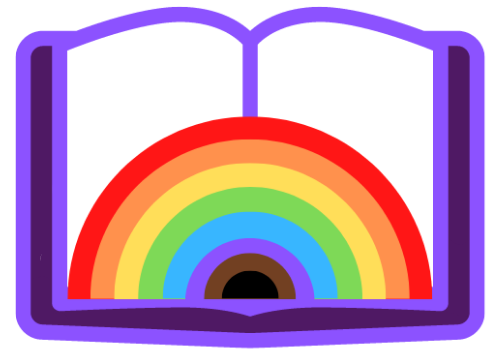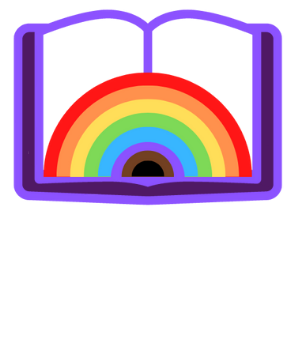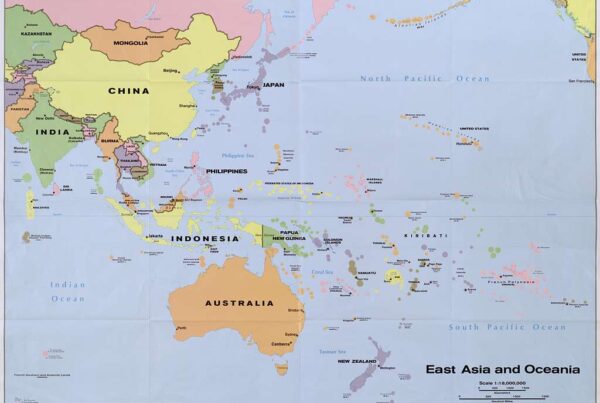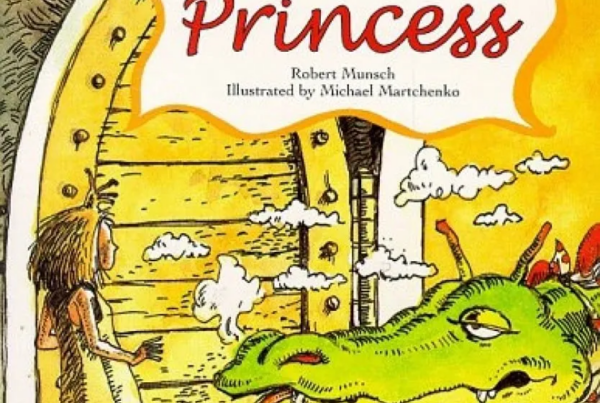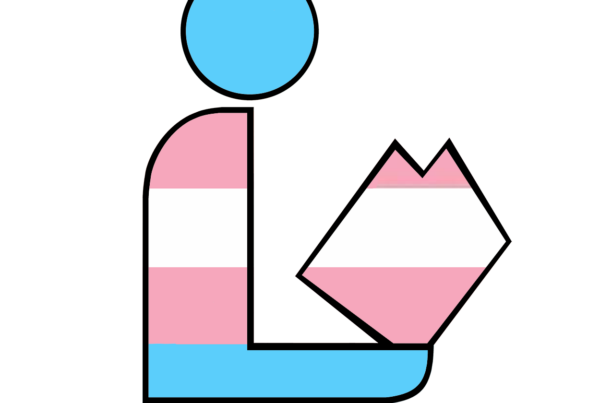Coretta Scott King: A Life & Legacy
by Fallon Farokhi originally published on The Story Spectator
Each year, our students learn about Dr. Martin Luther King, Jr. and his enormous role in the pursuit for civil rights in U.S. history.
I often share books with students about others who shared his vision for equality, before his time up to the present day. You can find the book list here.


I’ve found that from the library perspective, planning an experience around the Coretta Scott King Book Award helps students to make additional connections to Dr. Martin Luther King, Jr..
Teaching students about the award also helps readers recognize the award seal when looking for more books to read.
More than her marriage
What Do We Notice
Here’s what I tell my students:
The Basics
She was born in 1927 in Alabama and she died in 2006 in Mexico (students always want to know those details). As a child, she loved music and she went to college and earned her degree in music.
Martin Luther King Jr.
While in college, she met doctoral student Martin Luther King, Jr.
They were married and moved to Alabama where Dr. MLK, Jr. became a pastor and she stayed at home with their four children.
In spite of family duties, she was still heavily involved in supporting her husband’s work and in the civil rights movement.
Later Life
After his assassination, she took over traveling and making speeches against discrimination of all kinds. This included work on women’s rights.
She authored books and established the King Center in honor of her husband’s legacy.
Her work through the center resulted in the holiday of Martin Luther King, Jr. Day being recognized in 1983 in the U.S.
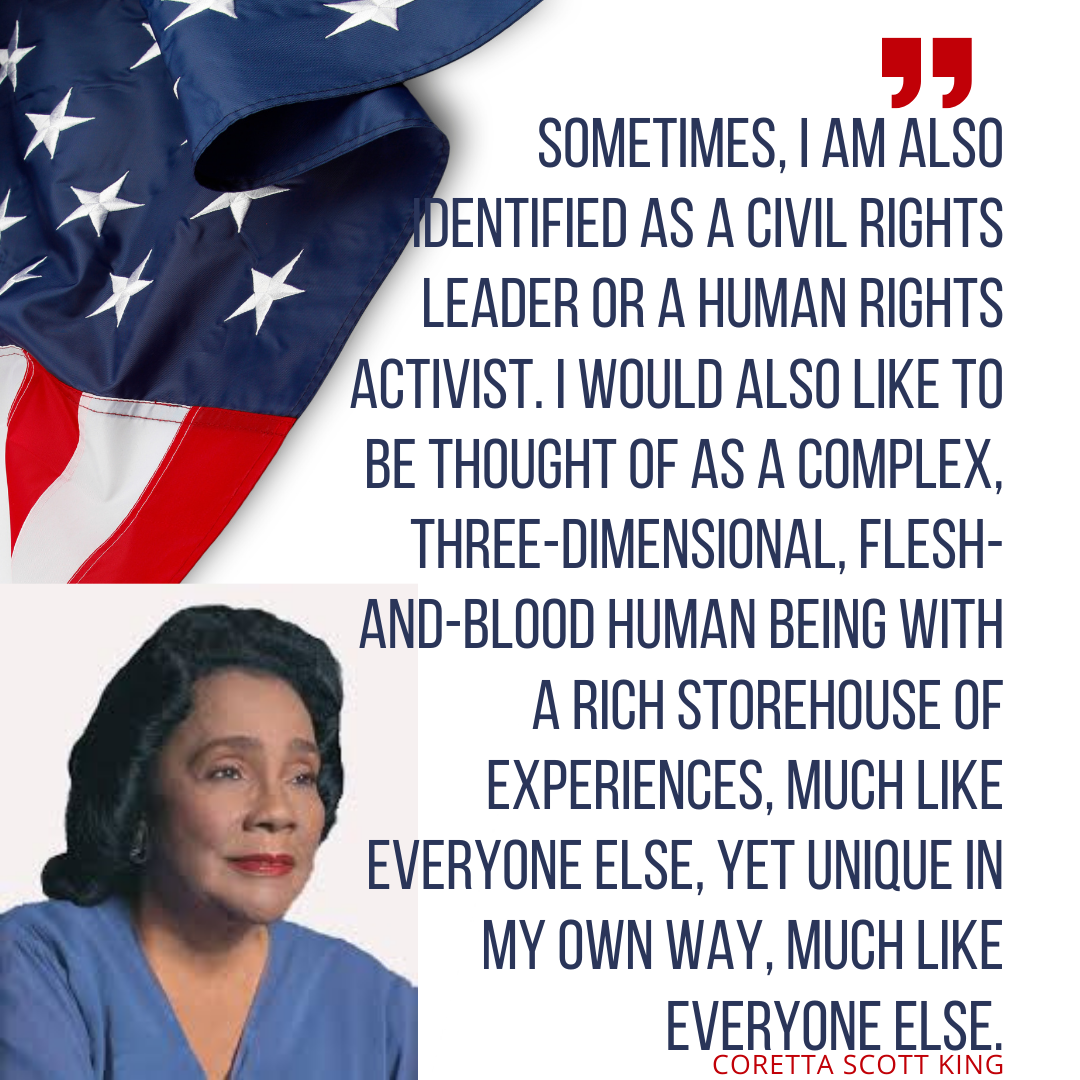
A Story of Empowerment
When I show this video, there’s always a student who says how empowering it is. The group saw a lack of awards honoring Black voices and stories so they created one themselves!

I want to encourage everyone to honor Dr. Martin Luther King, Jr. Day or Black History Month or Black voices and stories year round.
The Coretta Scott King Book Award honorees are excellent ways to do it. Here is a PREZI presentation if you’d like to see one way to get the conversation going with students.

A note from Miss Kate (The Lavender Librarian)
Canadian Blind Spot
Like many (white) Canadians, I long thought racism and civil rights weren’t something we had to seriously worry about in Canada. I’d long bought into the sanitized version of history that places Canada as anti-racist heroes: We were the final stop on the Underground Railroad, a land of freedom! This positioned us as Good People and absolved us of any number of sins.
The Danger of Getting Self-Congratulatory
Our pride over the Underground Railroad may have stopped Canadians from understanding our past as yet another place where Black people were enslaved.
Unfortunately. editing our history does not change it. It simply adds to the marginalization people with generations of traumas we ignore. It also makes ongoing racism an inevitability.
We Need Black History Every Month
Black History Month feels to me like putting a Band-Aid on a wound that requires, at a minimum, stitches and antibiotics.
Black History Month is just a single month. The shortest and, in my Canadian opinion, worst month. Our goal with this page is to be anti-racist year round. And that means amplifying Black voices as loudly in March and beyond as we do in February.
